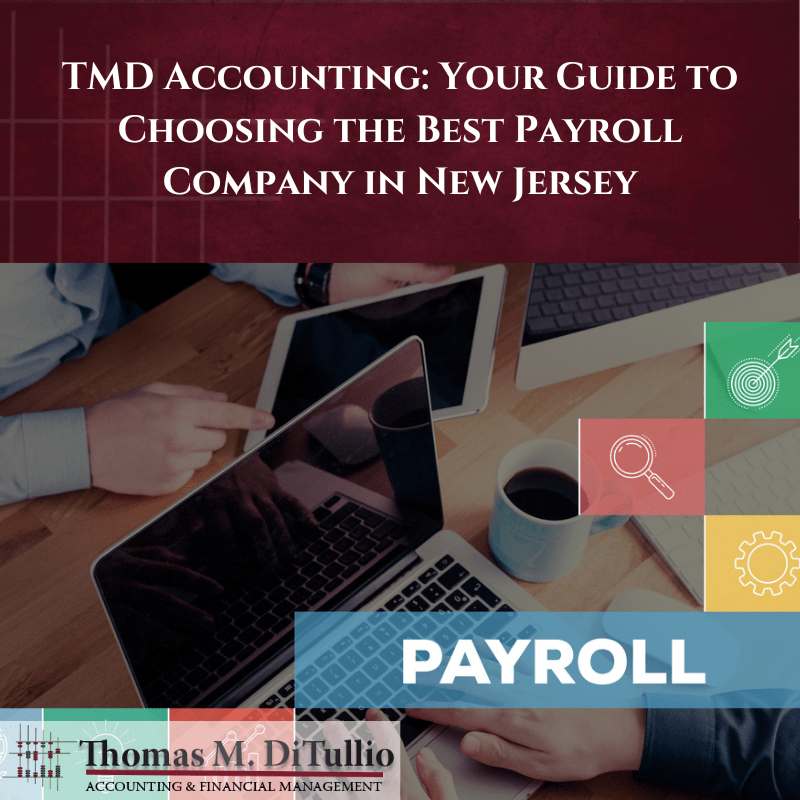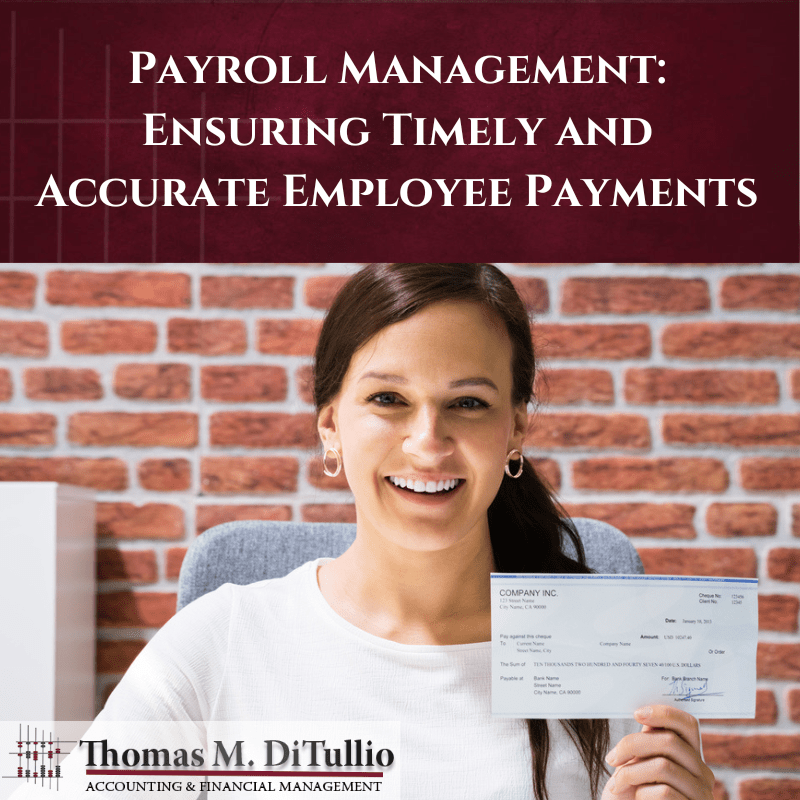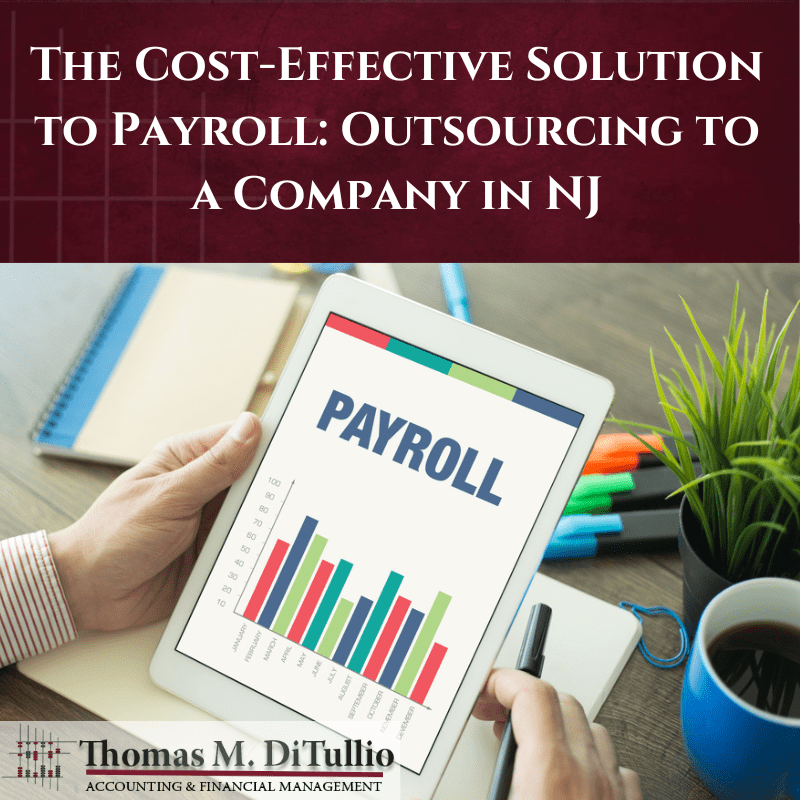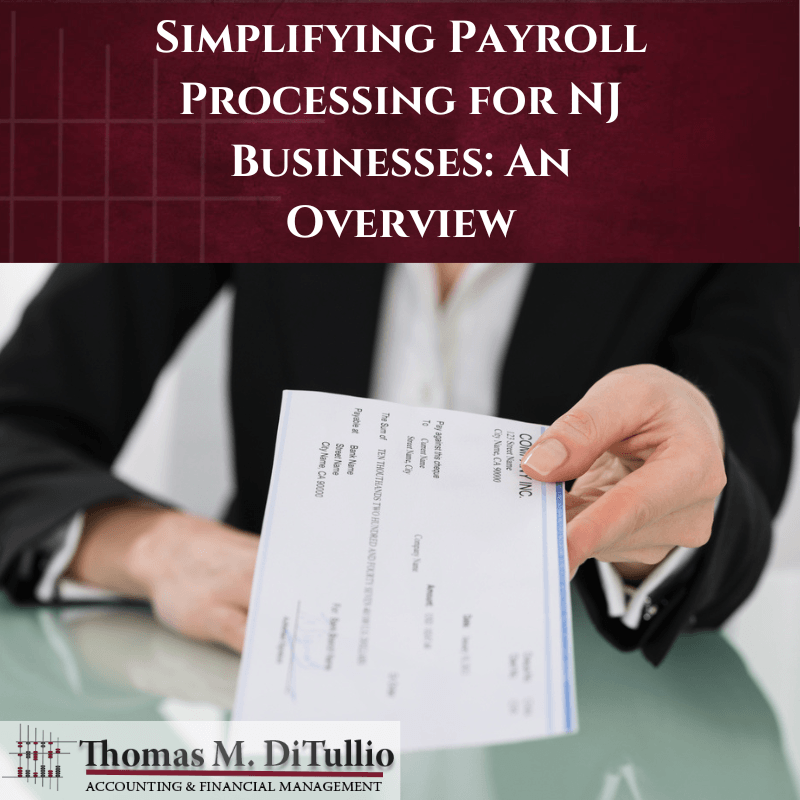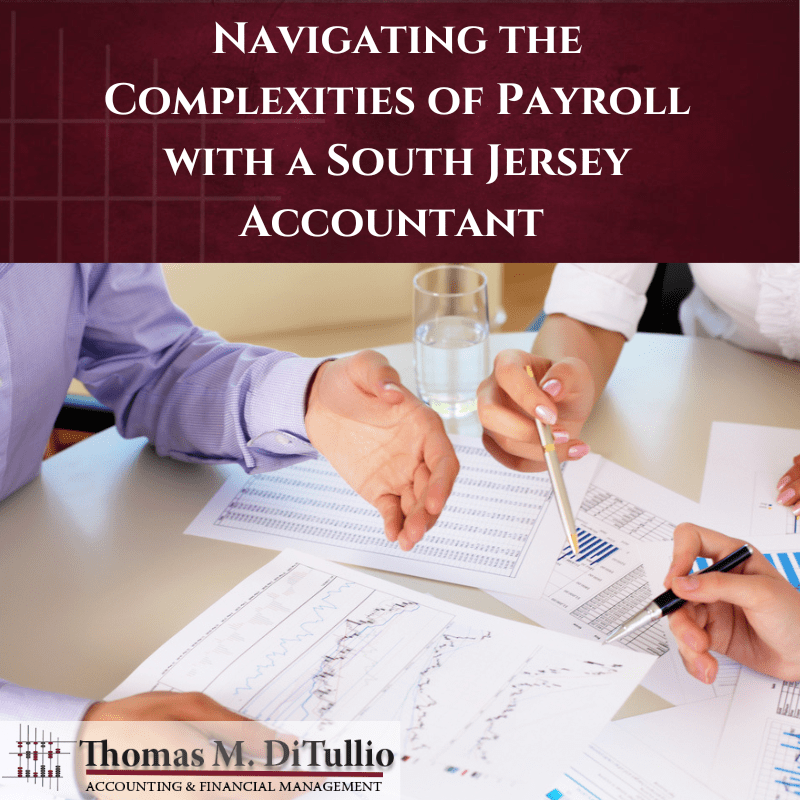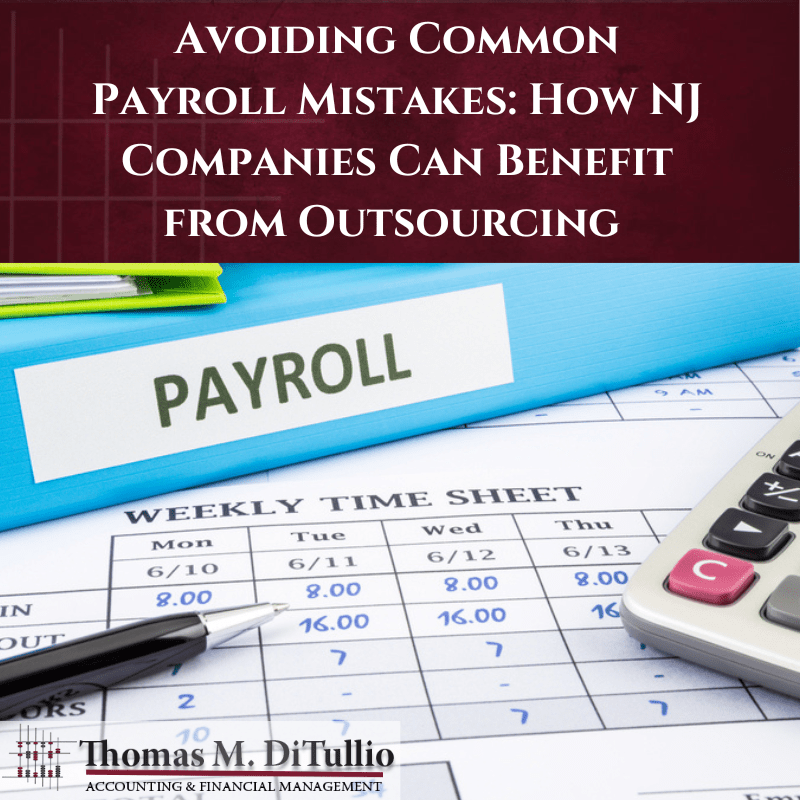TMD Accounting: Your Guide to Choosing the Best Payroll Company in New Jersey
Did you know that New Jersey boasts one of the most complex payroll tax systems in the US? With multiple tax jurisdictions, intricate state and federal regulations, and the need for seamless integration with existing systems, managing payroll in New Jersey can be a daunting task for businesses of all sizes. This is where TMD Accounting, a leading provider of accounting services in South Jersey, comes in. We can guide you through the process of choosing the best payroll company in NJ that meets your specific needs and simplifies payroll for your business.
Key Takeaways
- Choosing the right payroll company in New Jersey is crucial due to the state’s complex tax system and regulations.
- Outsourcing payroll offers benefits like reduced workload, improved compliance, and reduced stress.
- When selecting a payroll company, consider their experience with NJ complexities, technology, scalability, pricing, and local presence.
- TMD Accounting offers personalized NJ payroll services with in-depth knowledge, local support, and competitive pricing.
Understanding Your Payroll Needs in New Jersey:
Navigating payroll in New Jersey goes beyond simply calculating taxes and generating paychecks. Here are some unique complexities to consider:
- Multiple Tax Jurisdictions: New Jersey businesses contend with varying tax rates and regulations across different municipalities. A payroll company experienced in these intricacies can ensure you comply with all relevant tax requirements.
- State and Federal Compliance: Staying compliant with both state and federal regulations is crucial to avoid penalties and legal issues. Choosing a company with expertise in both NJ and federal payroll regulations provides peace of mind.
- Integration with Existing Systems: Seamless integration with your existing accounting software or HR platforms is vital for efficient payroll processing and data management.
Benefits of Outsourcing Payroll in New Jersey:
Outsourcing payroll to a dedicated company in New Jersey offers several advantages:
- Reduced Workload and Time Savings: Freeing yourself from the complexities of payroll allows you to dedicate your time and resources to core business functions.
- Improved Accuracy and Compliance: Professional payroll companies have the expertise and resources to ensure accurate calculations, timely tax payments, and compliance with all regulations.
- Reduced Stress and Risk: By leveraging the expertise of a trusted payroll company, you minimize the risk of errors, penalties, and potential legal issues associated with managing payroll in-house.
Choosing the Right Partner: Key Considerations for NJ Businesses:
While experience and customer service are essential, here are some crucial factors to weigh when choosing a payroll company in NJ:
- Experience with NJ Payroll Complexities: Partnering with a company well-versed in the specific nuances of NJ payroll tax laws and regulations is critical.
- Technology and Security: Robust technology infrastructure and robust data security measures are essential to protect your sensitive business and employee information.
- Scalability and Flexibility: Choose a company that can adapt to your business’s growth and changing needs, whether adding new employees or transitioning to different software.
- Cost and Pricing Structure: Transparency and flexibility in pricing models are crucial. Look for companies that offer options that fit your budget and specific needs.
- Local Focus: Consider the advantages of choosing a local NJ-based payroll company. They understand the unique challenges and opportunities faced by businesses in the region.
TMD Accounting: Your Trusted Partner for NJ Payroll Solutions:
At TMD Accounting, we go beyond being just another accounting firm in South Jersey. We are dedicated to providing exceptional payroll services tailored to the specific needs of New Jersey businesses. Here’s what sets us apart:
- In-depth Knowledge of NJ Payroll Regulations: Our team possesses extensive experience navigating the complexities of NJ payroll laws and tax regulations, ensuring accurate and compliant payroll processing for your business.
- Personalized Service and Local Support: We believe in building strong relationships with our clients. You’ll receive personalized attention and dedicated support from your local TMD Accounting team.
- Competitive Pricing and Transparent Fees: We offer competitive pricing structures and transparent fees, ensuring you understand the costs involved before making a decision.
Testimonials:
“Outsourcing payroll to TMD Accounting has been a game-changer for our business. Their expertise in NJ payroll has saved us time, money, and most importantly, peace of mind.” – Sarah L., Owner, Garden State Bakery
Take the Next Step with TMD Accounting:
Ready to simplify your payroll and focus on running your business? Contact TMD Accounting today for a free consultation. We’ll discuss your specific needs and answer any questions you may have about our NJ payroll services. Let’s work together to streamline your payroll process and ensure compliance with all applicable regulations.
6 FAQs About Choosing a Payroll Company in NJ
- What are the benefits of outsourcing payroll in NJ? Reduced workload, improved accuracy and compliance, reduced stress and risk.
- What factors should I consider when choosing a payroll company? Experience with NJ payroll complexities, technology and security, scalability and flexibility, cost and pricing structure, and local focus.
- What are the advantages of choosing a local NJ-based payroll company? They understand the unique challenges and opportunities faced by businesses in the region.
- What services does TMD Accounting offer for NJ businesses? We provide comprehensive payroll services, tailored to the specific needs of NJ businesses.
- How much does TMD Accounting’s payroll service cost? We offer competitive pricing structures and transparent fees to fit your budget and specific needs.
- How can I get started with TMD Accounting’s payroll services? Contact us today for a free consultation to discuss your specific needs and answer any questions you may have.
Contact TMD Accounting:
- Phone: 1-856-228-2205
- Website: https://tmdaccounting.com/industries-served/
By partnering with TMD Accounting, your trusted accountants in South Jersey, you can confidently navigate the complexities of NJ payroll and ensure your business remains compliant and efficient.


